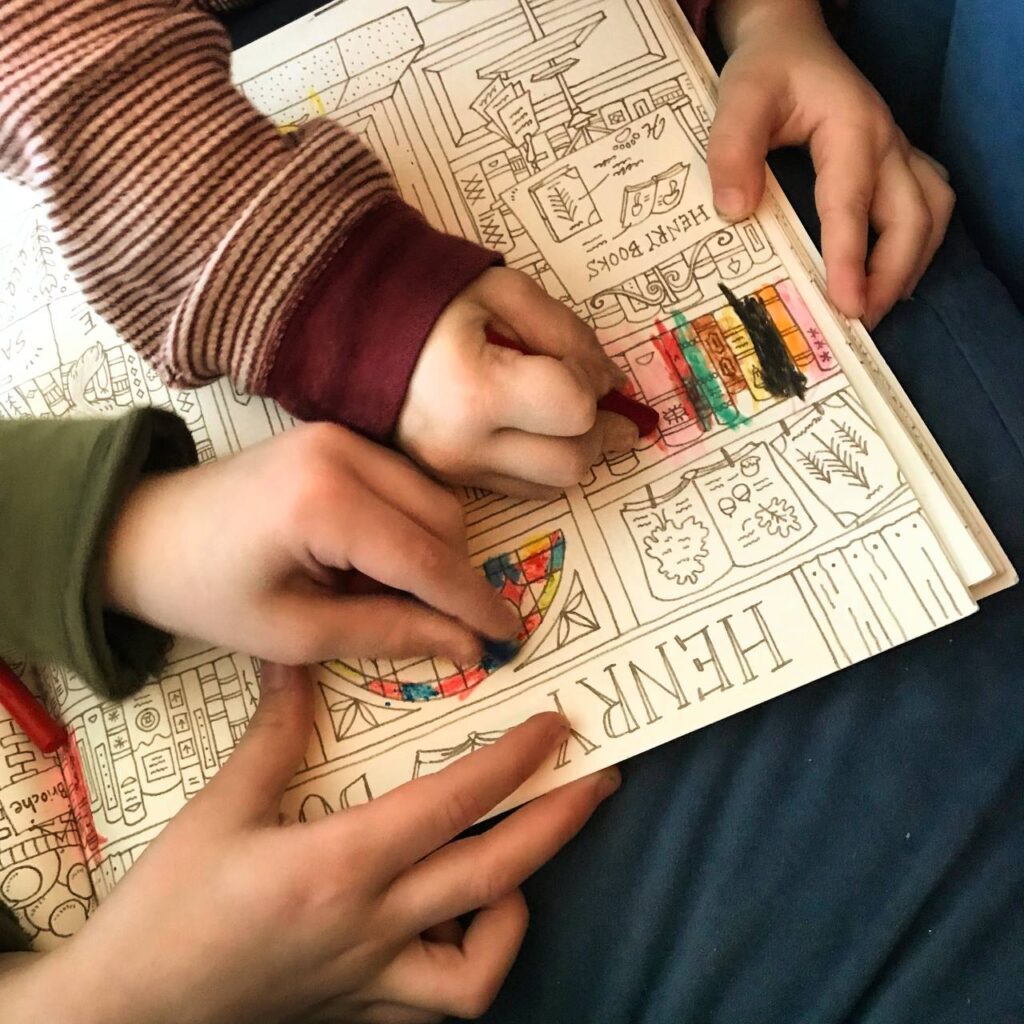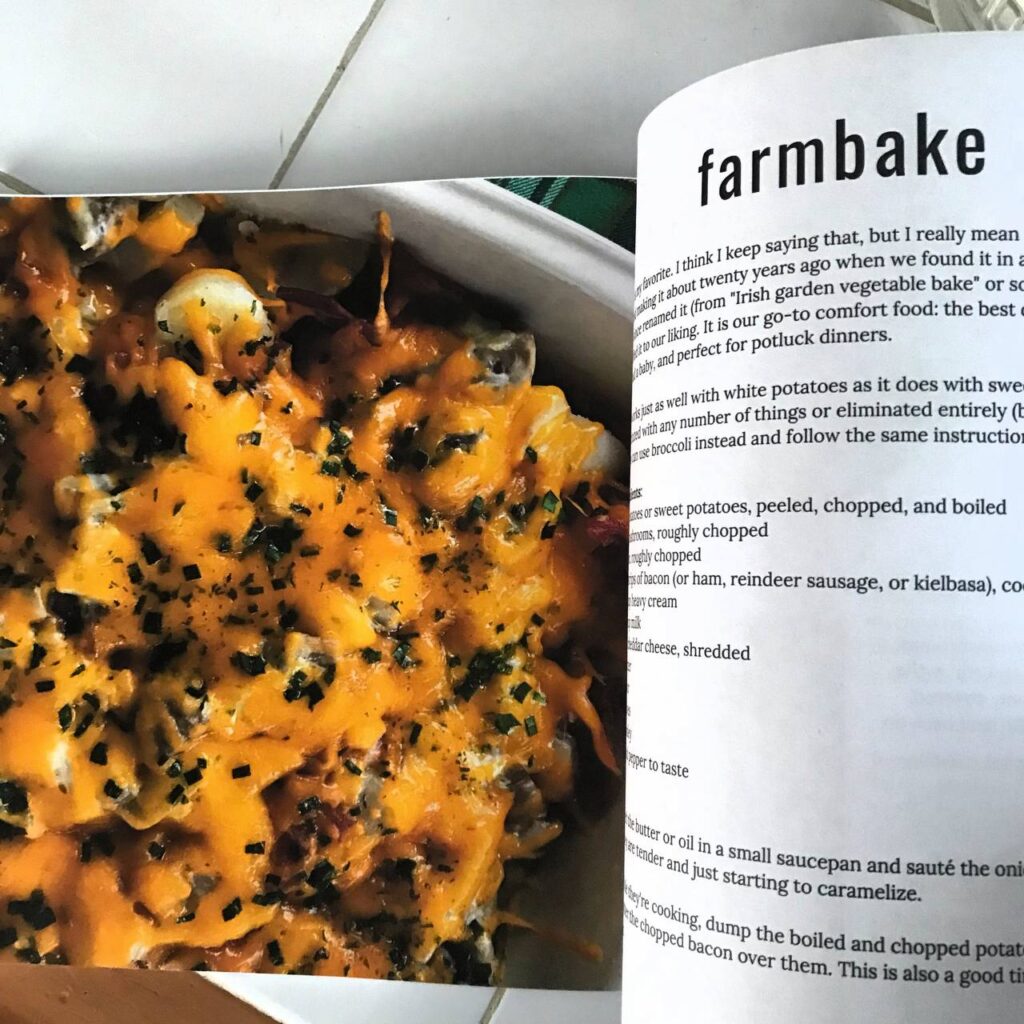
Hey friends,
This time last year I was sitting on my bed, tapping out words for the December newsletter, just like I’m doing now. But last year, I was frustrated because December had not gone according to how I had planned. I was stewing and praying and typing, and then Kav came into the room crying because he had crashed while sledding and broke his arm.
And then our December really didn’t go according to plan, because if you’ve been reading since then you know that our world changed that day when medical tyrants tried to hold our son’s emergency care hostage to force our capitulation to illegal pressure and abuse to him and our family.
Long story. Lots of trauma. Super eye-opening, too: We realized that not only was the medical establishment as corrupt as some said, but also that tons of self-proclaimed Christians are okay with that and happy to participate in it. We were even accused of child abuse by some for not simply caving to demands to relinquish our patient and parental rights. It is an upside down world when people somehow think they hold the moral high ground by abdicating both their critical thinking skills and their responsibility to protect their children – and demand that you do, too – in exchange for trusting a disgraced medical regime with every financial incentive to abuse both its authority and the children put in their care. We are not ignorant, unsuspecting, or weak-willed parents, and we will not become so just to make those who are feel better about their own decisions.
So anyway, I guess you can see I haven’t really softened my stance on this.
I bring it up though because anniversaries of trauma and pain can be hard to get through. For some reason many of us have almost a superstitious fear about them, as though something else bad might happen around the same time of the year or that we’ll somehow have to relive the ordeal. The memories carry deep pain laced with other feelings like betrayal, confusion, anger, regret, and fear. So much fear. Fear from the event, and fear of the future. We fight fears of repeated pain, or accumulated pain, and we brace ourselves for the next blow.
Right after we went through that last year, we had a major windstorm. Windstorms here aren’t unusual; we had another one just last week, so this time it came the week before Christmas instead of the week after. These were good ones, though, with gusts up to 85 miles an hour, zero degrees plus windchill.
Last week it shook our house and flexed the windows. In the upstairs bathroom during one of the biggest gusts, the mirror on an interior wall wobbled and rattled. The stovepipe, a new addition this year, whistled in varying keys as we sat around the table putting the latest Christmas puzzle together.
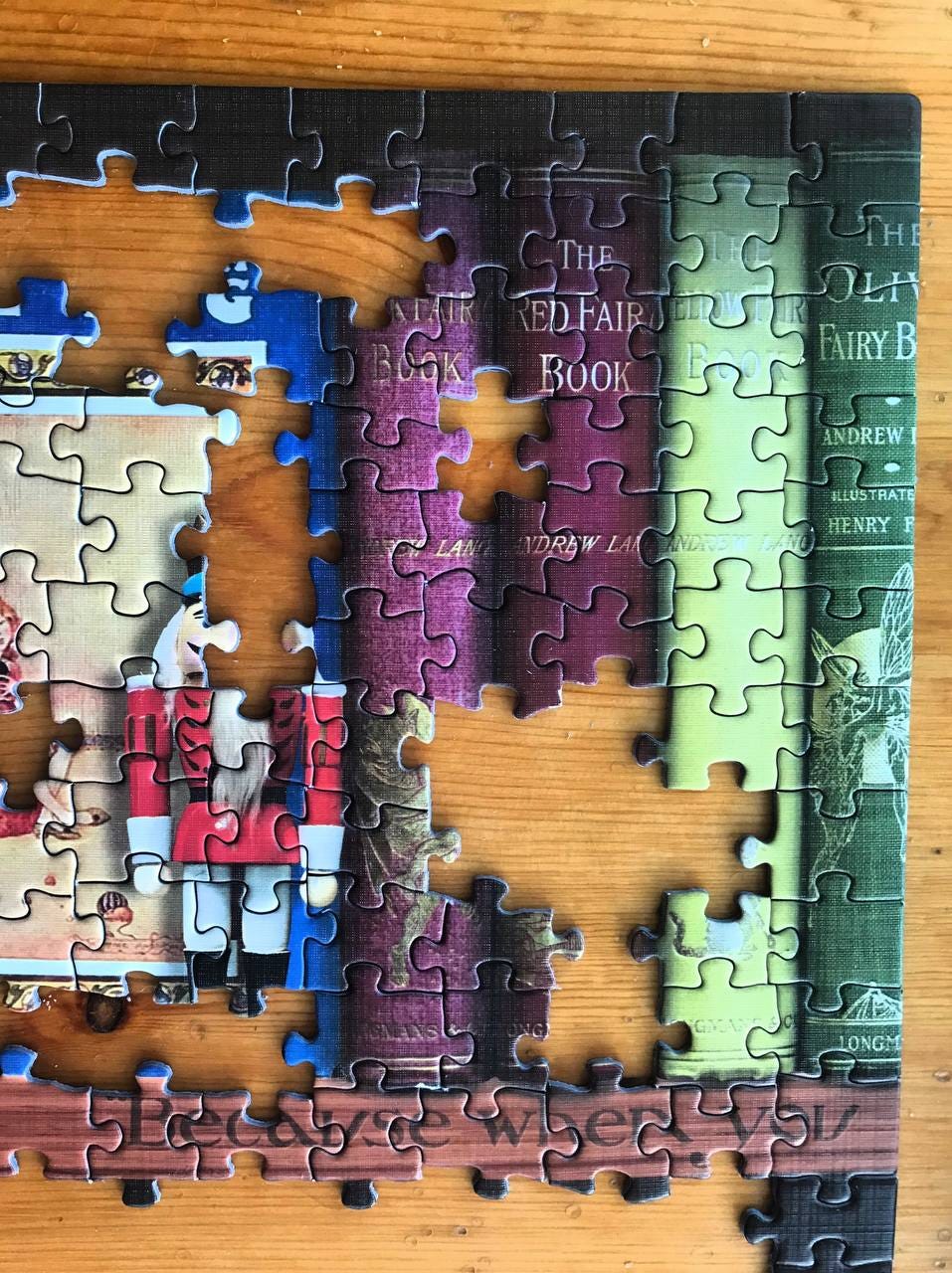
And the noise, oh my gosh. As a homeowner all you can think is, Is the roof okay? What is that weird sound? We prayed that none of the trees would fall on the house or the coops, and that nothing would blow into a window.
It was the same kind of anxiety I felt after the 7.2 earthquake a few years ago. We had aftershocks for months and I prayed for our foundation, the walls, and the future. We could see a little damage – we had cracks in our walls like everyone else – but I was more concerned about damage that we might not be able to see.
And isn’t that what trauma really does? Because it’s not just the memories and the pain, but it’s also the fear it creates of what we cannot see in the future. Usually, we didn’t see the trauma coming in the first place, and we worry that there’s more where it came from.
During a day full of aftershocks, the Lord confronted me about it. Hey Love, what if the shaking isn’t damaging the house? He asked. What if it’s actually making it stronger? What if it’s tightening things instead of loosening them?
What if your worrying is doing more damage than anything else?
Huh, I thought. That’s not how I’m used to looking at things; I’m used to expecting things to naturally deteriorate or depreciate. But He reminded me that He is the one who leads us from glory to glory, who led the Israelites through the desert and kept their clothing and shoes from wearing out, who tells us not to be anxious, and commands us repeatedly in the Bible to “fear not.”
His ways are not our ways, and He reminded me of it again during this windstorm. What if the shaking isn’t hurting the roof? What if, instead of picturing in my mind that the wind might be loosening things, I realized the wind might be driving things closer together?
What if, during emotional storms and trauma, the pain that makes us feel like we’re falling apart is actually adding newer, stronger elements to us? What if we believe in God’s goodness so strongly that we know He will take any attack from the enemy and use it for our good, and suddenly we look at the future with hope instead of fear?
You know what fear is? Fear is our willingness to take the weapon out of our enemy’s hand and attack ourselves with it, saving him the trouble.
So what if we stopped falling for it?
The fearless person is completely free. Nothing can threaten them.
There is no fear in love, but perfect love casts out fear. For fear has to do with punishment, and whoever fears has not been perfected in love.
– 1 John 4:18
Now the Lord is the Spirit, and where the Spirit of the Lord is, there is freedom. And we all, with unveiled face, beholding the glory of the Lord, are being transformed into the same image from one degree of glory to another. For this comes from the Lord who is the Spirit.
– 2 Corinthians 3:17-18
We’re not ignoring reality. We’re influencing it, just like He told us to.
We’ve been listening to the wrong teachers and the wrong messages and the wrong thoughts for a long time. We’re used to decay, destruction, the next shoe dropping, the slow and steady unraveling of creation. But that’s not the Word says. If we walk in the attitude of It’s only going to get worse, we haven’t been paying attention to what’s actually in the Bible.
The Spirit of the Lord God is upon me,
because the Lord has anointed me
to bring good news to the poor;
he has sent me to bind up the brokenhearted,
to proclaim liberty to the captives,
and the opening of the prison to those who are bound;
to proclaim the year of the Lord’s favor,
and the day of vengeance of our God;
to comfort all who mourn;
to grant to those who mourn in Zion—
to give them a beautiful headdress instead of ashes,
the oil of gladness instead of mourning,
the garment of praise instead of a faint spirit;
that they may be called oaks of righteousness,
the planting of the Lord, that he may be glorified.
They shall build up the ancient ruins;
they shall raise up the former devastations;
they shall repair the ruined cities,
the devastations of many generations.– Isaiah 61:1-4
The Spirit of the Lord God is upon me, it says. This is the same scripture Jesus read in the temple, declaring it fulfilled. And this is the same Spirit who is in us.
It’s not decay. It’s strength, He says. It’s not breaking down. It’s rebuilding.
It’s not a super easy way to look at things after a lifetime of assuming the worst. But the Lord told us His ways are different from ours, and over and over in the New Testament we read about the work of faith. Unbelief comes easy; falling for lies is easy. But aligning our thoughts and attitudes with God’s truth requires a discipline that we need to start walking in.
We give thanks to God always for all of you, constantly mentioning you in our prayers, remembering before our God and Father your work of faith and labor of love and steadfastness of hope in our Lord Jesus Christ.
– 1 Thessalonians 1:2-3
“But what if…” the enemy hisses. Don’t go there, though. Don’t take the bait. Thinking on those what ifs will never prepare you for anything but more devastation. The enemy is trying to get you to take the weapon and stab yourself with it. He’s holding out poison and hoping you’ll choose to drink it.
When we command our thoughts this way rather than letting them run amok with whatever fears the enemy tries to feed us, we are partnering with God in building up the ancient ruins, and raising up the former devastations.
And you became imitators of us and of the Lord, for you received the word in much affliction, with the joy of the Holy Spirit, so that you became an example to all the believers in Macedonia and in Achaia.
– 1 Thessalonians 1:6-7
How do we receive with joy in the midst of affliction? Maybe that’s the real question. We can’t deny the pain and pretend what happened didn’t matter. But we can change what we believe about it and thus change the power we give it. We can do the work of faith, agreeing with God that He is building, not destroying, no matter what the enemy throws at us. We can labor in the love that casts out fear, trusting Him, steadfast in hope knowing that He is good and is working things out for good on our behalf.
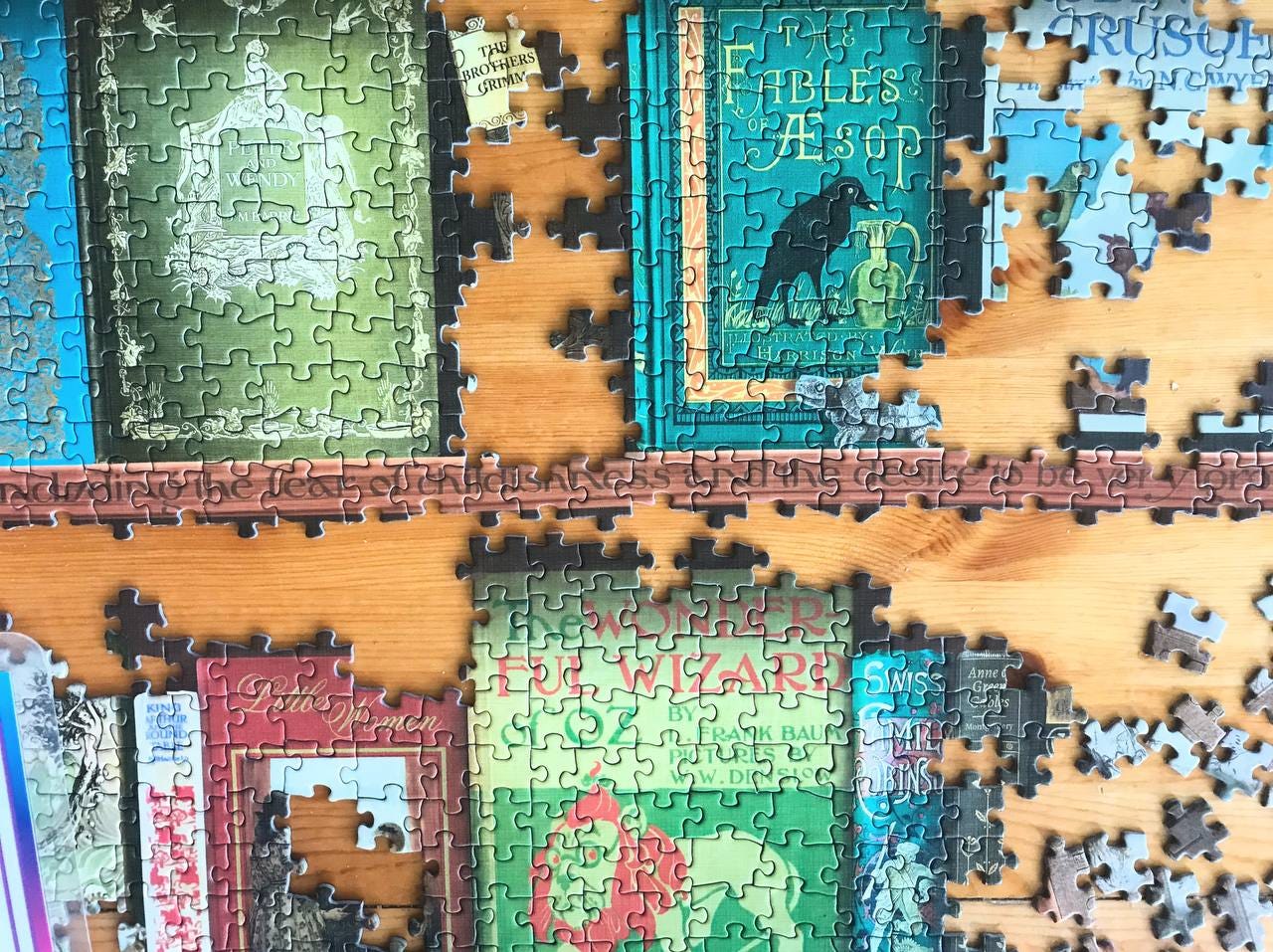
I’m thinking about this as we work on the huge 2000 piece puzzle late into the evening. I joke to my family that this is where we solve all the world’s problems, but it’s true: I complain about a piece having nowhere to go, but then realize I’ve been holding it upside down the whole time. I was trying to put it in the wrong way. So what happens when we set our pieces – our thoughts, that is – right again and start looking at things from God’s perspective of truth, power, and victory, instead of our traditional mindset of defeat and decay?
In many ways, we’ve been going about it all wrong. We’ve thought things were delayed when we were early. We’ve mislabeled things as breaking when they were actually just beginning. We’ve accused God of being slow when He is actually patient.
The Lord is not slow to fulfill his promise as some count slowness, but is patient toward you, not wishing that any should perish, but that all should reach repentance.
– 2 Peter 3:9
The stretching hurts and we wonder why things are not working out, why everything is fitting so badly. But this one shift might be the nudge that shows how the pieces were misaligned – we were close, we had the right pieces all along, but we were putting the wrong ones together.
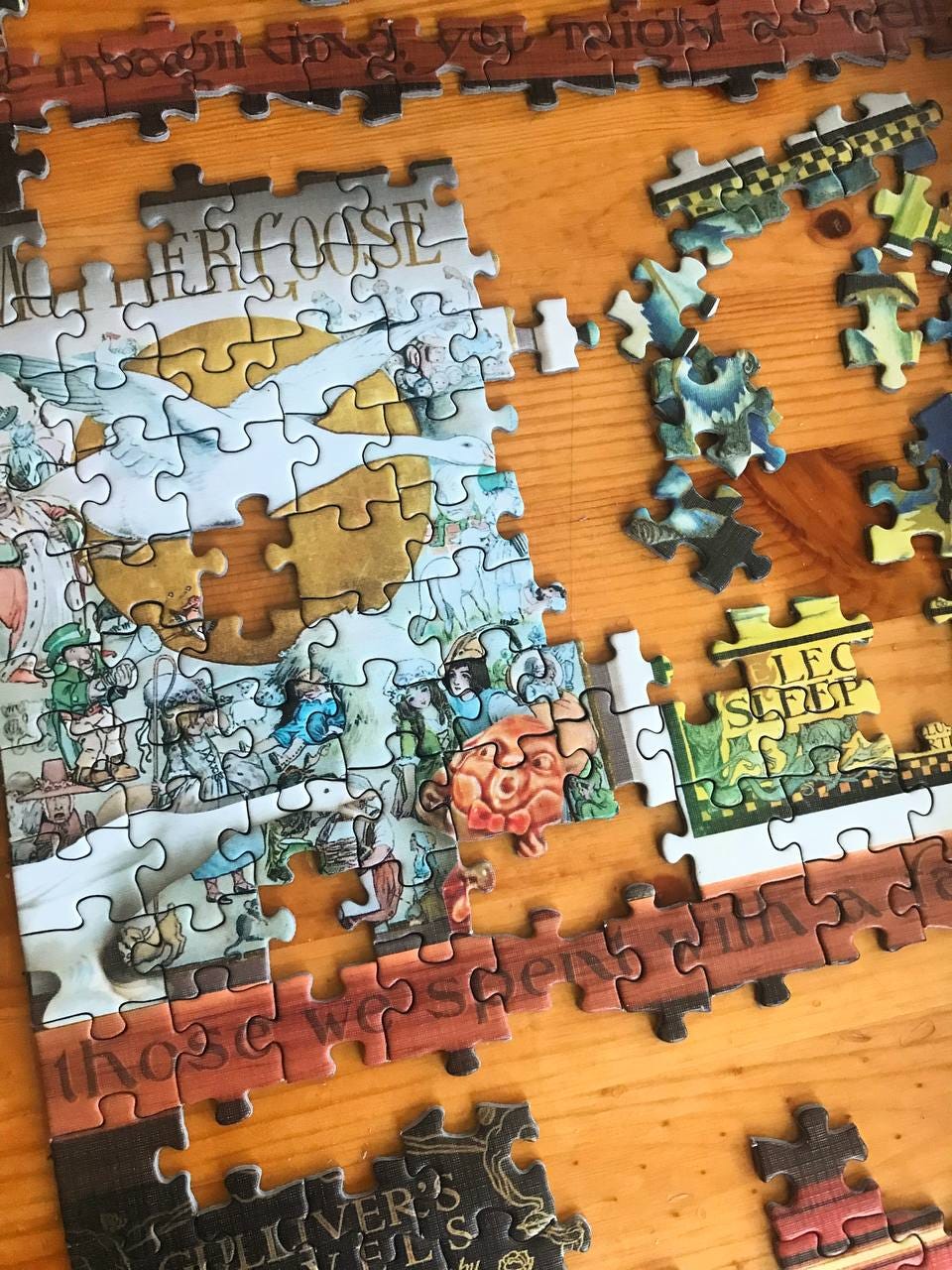
It looks like the Church is breaking in a lot of areas. But the truth is, it’s reviving. The wound and bacteria have to be cleaned out before it can heal. The Lord has been teaching His people how to walk in His ways, and even though we’ve watered them down so they reflect our ways more than His in many areas, He is calling us to reexamine how we think about things so we can walk in holiness and wholeness, realigning our thoughts with truth instead of just tradition.
We see corruption in so many areas, and here’s the good news: We’re not seeing something new. It’s been there all along, hidden, and is now being exposed. It can’t hide in the dark any longer; it must be dealt with. The eucatastrophe is coming.
The pain we went through a year ago wasn’t a blow dealt to our family. It was a blow to the enemy. Evil agendas were exposed. Lazy, fake Christianity came out of the wood works. The winds shook and the rains fell and the attacks came, but we are stronger and louder because of it, grounded and founded on the rock.
The physical and emotional storm didn’t take anything away from us. As we keep our eyes on Jesus, every wave that tries to bowl us over only adds more strength to our foundation. The enemy always loses, and we always win. The only possible way we can lose is if we fall for his lies, and we know better.
We hold these pieces in our hand and we don’t have to know exactly what to do with them. We know they go somewhere, and we keep asking Him for eyes that see answers.
Often, His answers are beyond our expectations, and better than we ever could have imagined.
No, wait, we think, this piece can’t possibly fit there, I don’t even know what direction it goes.
Try, the Lord is saying. So you do. And even though it stretches you to reach all the way across the table, to believe for what seems impossible, you find that the other pieces are already there in place, shaped perfectly, ready to receive it.
Praying for you,
Shannon
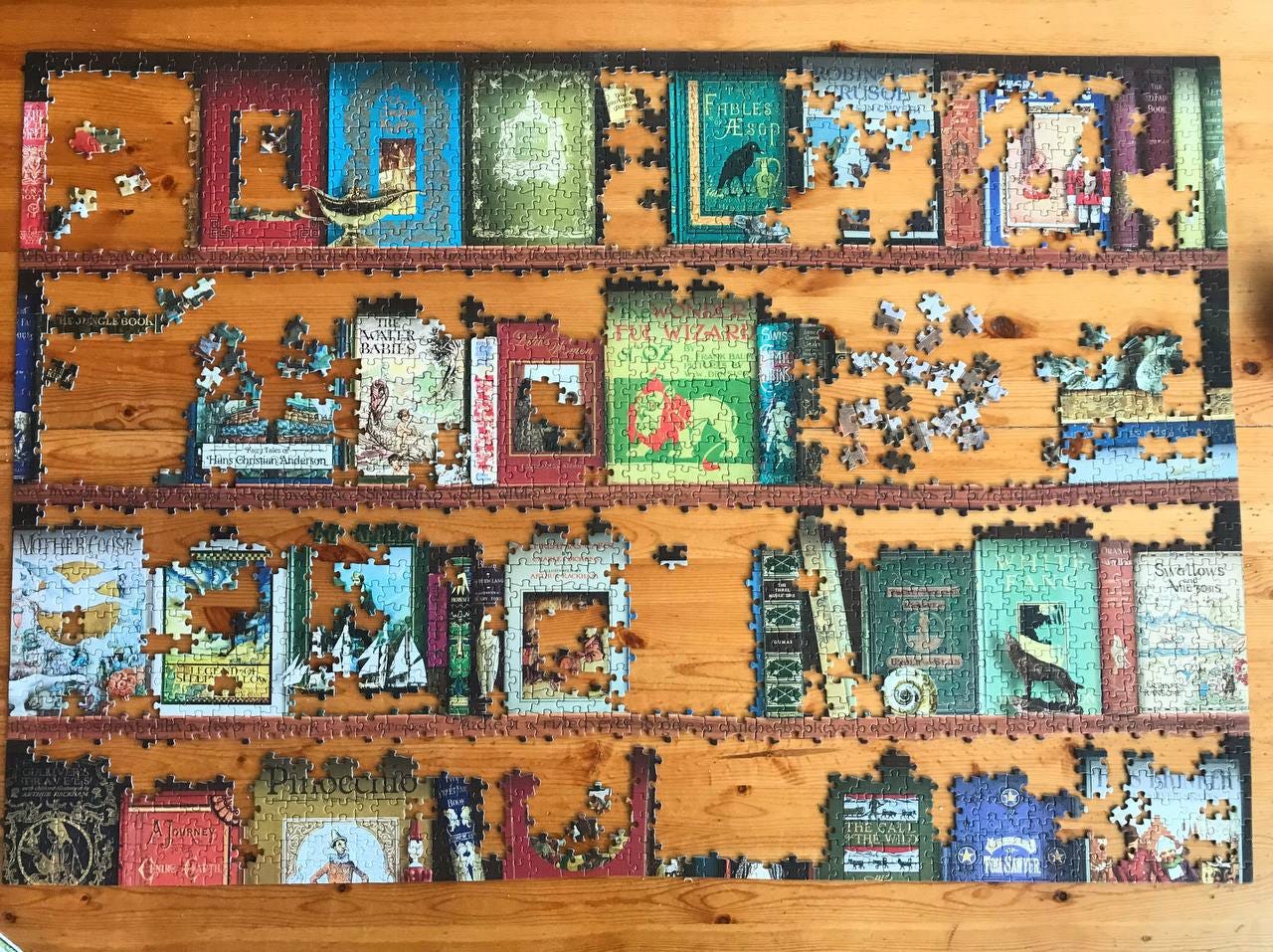
P.S. Want more encouragement and wholeness, right to your inbox? Subscribe for free here.



